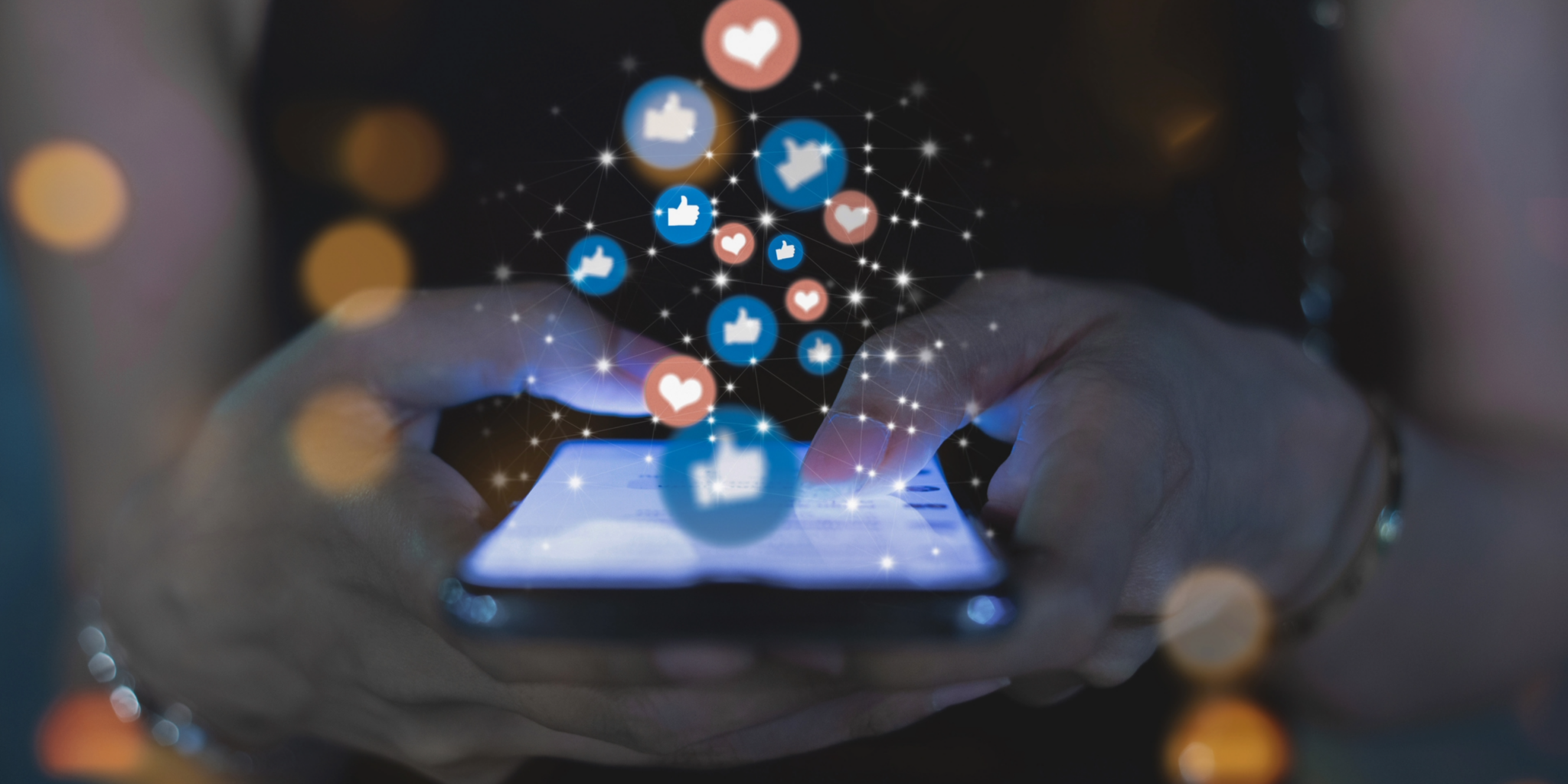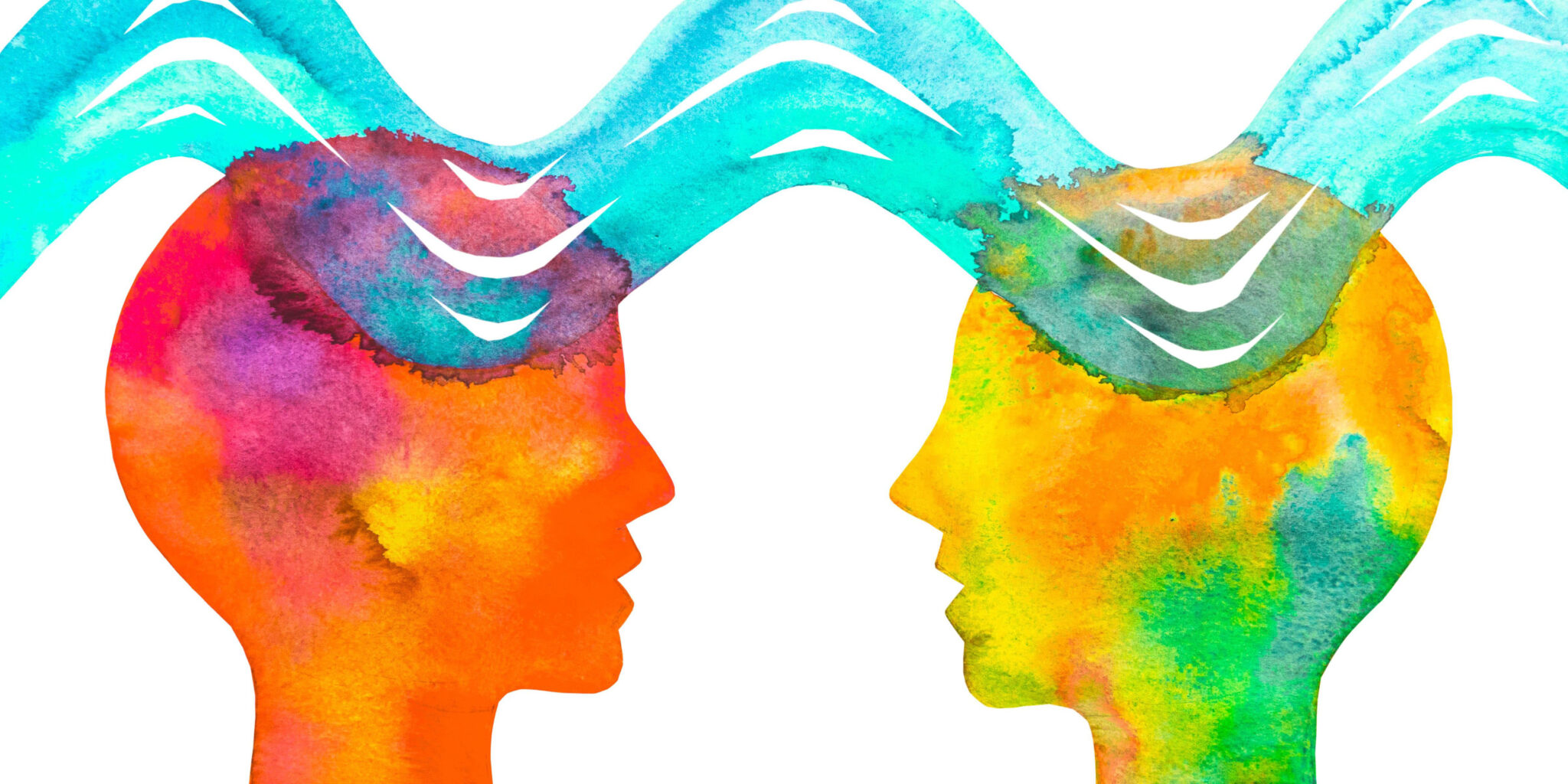In December of 2021, US Surgeon General Dr. Vivek Murthy issued a public health advisory alerting the American public to the mental health crisis that is wreaking havoc on the nation’s youth. Recent CDC figures indicate that upwards of 29% of high school students overall report experiencing poor mental health, with nearly 3 in 5 teenage girls feeling persistent sadness or hopelessness (symptoms that often lead to a clinical diagnosis of major depressive disorder). A subsequent advisory in the Spring of 2023 focused on the specific role of social media on young people’s mental health and wellbeing.
We need to increase public awareness around the issues, but we’re focusing on the wrong thing: the impact of screen time. Meta-analyses have revealed that—at best—there is a small relationship between time spent on social media and wellbeing.
Instead of screen time, we should focus on underlying psychological factors that can predict whether a young person is likely to experience mental health challenges as they use social media.
Being a kid has never been easy. During the exciting and disorienting period of adolescence, kids are hit with a double whammy. On the one hand, the prefrontal cortex, a key area of the human brain associated with emotion regulation, is not fully developed yet. Combine this with the relentless preoccupation teenagers have with seeking connection with and approval from others, especially their peers. Rejection is always painful, but for an adolescent, the sting feels more intense than it would for older individuals.
These factors are very much at play in the digital worlds that teens now inhabit. But there are additional psychological factors that raise the stakes for young people’s mental health, such as contingent self-worth, in which we put our self-esteem in the hands of other people. Of course, it is important to care what others think about us if we are to forge and maintain social bonds, but a young person with especially high contingent self-worth may experience debilitating social anxiety.
We found that greater approval-related self-worth, as experienced on Instagram, was associated with higher levels of social anxiety and more content control behaviors, such as disabling comments on posts and spending additional time editing photos and videos that were later shared. More recently, preliminary data suggests that contingent self-worth is associated with anxiety and depression symptoms more broadly.
A new intervention study in my lab will train participants to reflect on and reorient their self-worth toward core, self-affirming values that each person will generate and articulate for themselves—with the hope that negative comments on social media will lose their sting and staying power. In the same vein, teenagers might benefit from self-worth “check-ups” by reminding themselves that their value as a person is not derived from the approval and opinions (positive or negative) of others, but by their core, self-determined values and relationships with people who are trustworthy and supportive.
In addition to confronting contingent self-worth, another path forward is to promote young people’s autonomy in their in-person and digital social interactions. Self-Determination Theory (SDT), one of the most comprehensive psychological theories of human personality, posits that people have fundamental psychological needs, the satisfaction of which are critical for well-being and human flourishing. One of these is the need for autonomy. Not to be confused with independence or self-reliance, autonomy refers to humans freely exercising their agency to pursue goals that are self-endorsed and intrinsically valued. When we are autonomously motivated, we are more likely to be psychologically resilient in the face of various life stressors.
Related to social media use, a young person can ask questions such as, “Does the content I share on social media accurately reflect my true self?”
And, “What is the nature of my motives to use social media in the first place?” A young person may initially sign up for a social media account to connect with existing friends and form new friendships, reflecting internal goals and motives, but the addictive qualities of social media platforms can quickly take over. Over time, one’s starting motives may give way to compulsory, anxiety-ridden phone checking behaviors.
When I have conducted informal polls in my college-level psychology courses, many students report mindlessly scrolling through their TikTok feeds multiple times a day, with little awareness of the reasons they continue to use the app. They also say they are not sure which positive effects, if any, these scrolling sessions have on their health and wellbeing. For many, it has simply become a habit, or perhaps an unconscious coping mechanism in response to stress or boredom.
For those whose self-worth is inextricably tied to their online presence and the feedback they receive from known (and unknown) others, they will keep scrolling at the expense of their mental health. The external social cues can erode their sense of autonomy and agency, shift their internal values, and hamper their self-growth. My hope is that in moving beyond screen time and highlighting these key psychological factors, we can empower people—young and old alike—to reflect on and critique their own social media use so they can lead healthier, more fulfilling lives.
Richard Lopez is an assistant professor of psychology and neuroscience at Worcester Polytechnic Institute, where he studies the neural bases of emotion regulation and the impacts of people’s goals and values on health and wellbeing.




